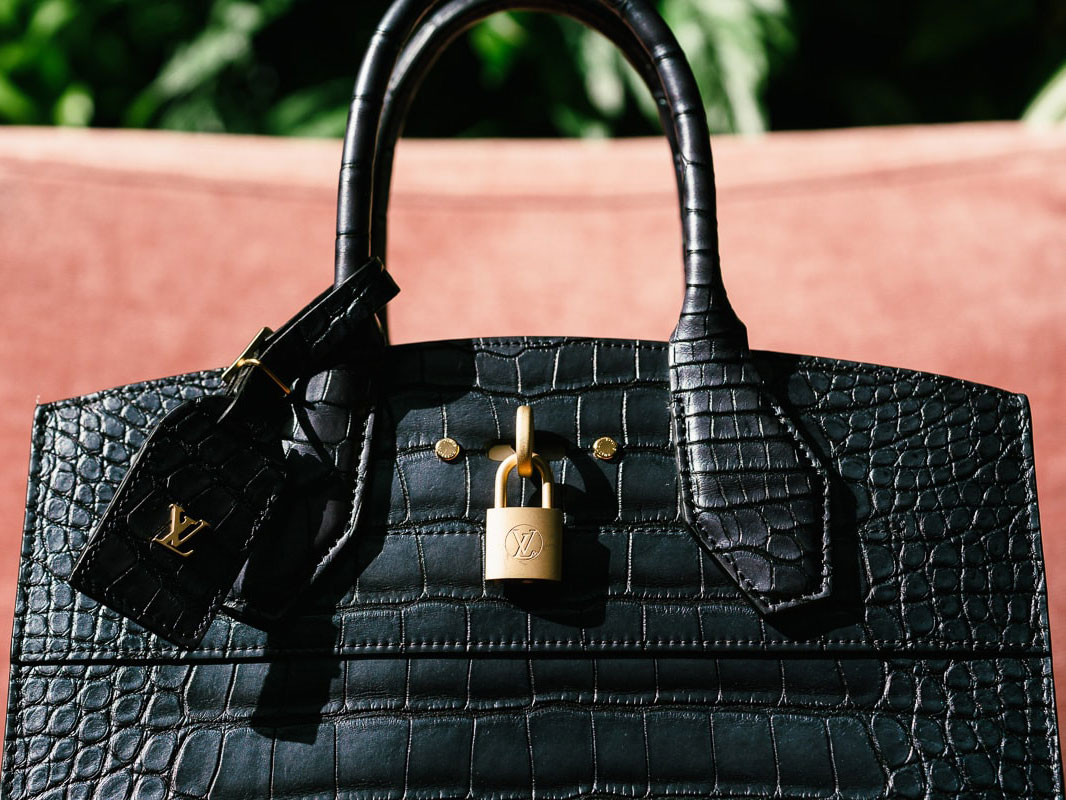PETA, known for making bold statements at fashion events since 1991, has been a familiar part of the fashion month calendar. However, as of Spring/Summer 2024, the activist group seems to be adding a more dramatic touch to their protests. This has caught everyone’s attention, and the internet is abuzz with chatter about it.
It all started in September last year, with a protestor interrupting the Coach Stuart Vevers’ 10th Anniversary show at NYFW. They confidently walked the runway alongside the models, holding a sign that said “Leather Kills.” This was followed by more protests at the Hermès show in Paris and the Gucci show in Milan, where activists spoke out against the use of furs and exotic skins in the fashion industry. The live-streamed protests caused a frenzy on the internet.
High-end bags made from exotic skins have always been some of the most expensive items for luxury brands. Last year, Sotheby’s London sold a Hermès Himalaya Birkin in Matte Niloticus Crocodile for £100,800. Additionally, an auction at Christie’s saw two other sought-after specimens, the Himalaya Birkin 30 and Crocodile Retourné Kelly 28, selling for just above their pre-sale low estimates. These seemingly unrelated events happening so close together can’t be a coincidence. Has the allure of exotic skins finally faded?
The use of animal hides goes back to the beginning of human civilization and continues to have many applications in 2024, especially in the fashion industry. Exotic skins have always been in a league of their own, appealing to the highest-paying clients and representing the pinnacle of luxury. Designers like Hermès, Gucci, Michael Kors, and Ganni have been keen to create that exotic look, not only for the exclusivity but also for their vibrant and intense color options.
However, PETA has shed light on the ethical concerns surrounding the sourcing of exotic skins. Their investigations revealed brutal breeding conditions and cruel live-skinning practices at crocodile and alligator farms. This led to widespread calls for reforms in the ethical sourcing of exotic leathers. While some brands have outright banned the use of exotics, others have integrated reptile farms to maintain greater control over sourcing.
Even though there have been attempts to regulate the exotic hide industry, including strict monitoring of farms, the appeal of these expensive skins is waning. Despite efforts to shift towards alternative leathers, it seems that the allure of exotics is fading, and the demand for these materials is declining. This change in consumer interest may present a challenge for luxury brands.
For instance, crocodile Birkins continue to command high prices, but they are no longer reaching the figures they once did. Exotics are known for their difficult maintenance and stringent storage requirements, making them less appealing in today’s era of practical and low-maintenance fashion trends. Consequently, shoppers may opt for pre-loved or mid-market contemporary brands instead of investing in these overpriced and high-maintenance items.


Leave a Reply